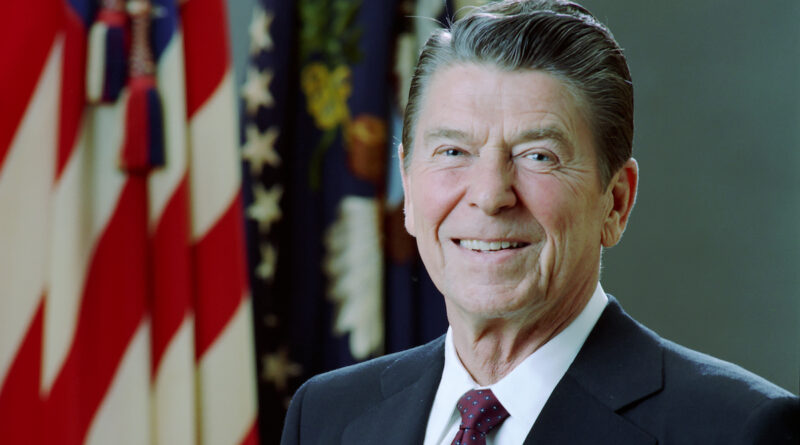Ronald Reagan Against Tariffs: What Exactly Did Ronald Reagan Say About Tariffs?
Ontario Ad Featuring Reagan’s 1987 Speech Sparks Trump’s Fury
A new advertisement released by the Ontario government has ignited political tension, prompting U.S. President Donald Trump to abruptly end trade talks with Canada. The spot, aimed at warning about the economic risks of tariffs, features excerpts from a 1987 address by former U.S. President Ronald Reagan—remarks that sharply criticized protectionism and trade barriers.
How the Ad Triggered Trump’s Reaction
Framing tariffs as harmful to American workers and global prosperity, the Ontario ad quotes Reagan’s warnings about protectionism. Shortly after the ad aired, President Trump announced the suspension of negotiations with Canada, denouncing the message as contrary to his trade stance.
Reagan’s Warning Against Tariffs
“When someone says, ‘Let’s impose tariffs on foreign imports,’ it looks like they’re doing the patriotic thing by protecting American products and jobs. And sometimes, for a short while, it works — but only for a short time.
Over the long run, such trade barriers hurt every American worker and consumer. High tariffs inevitably lead to retaliation by foreign countries and the triggering of fierce trade wars.
Then the worst happens: markets shrink and collapse; businesses and industries shut down; and millions of people lose their jobs.
Throughout the world, there’s a growing realization that the way to prosperity for all nations is rejecting protectionist legislation and promoting fair and free competition.
America’s jobs and growth are at stake.”
Context Behind Reagan’s 1987 Address
Reagan’s remarks came during a tense period in U.S.–Japan relations. While he briefly imposed duties on certain Japanese semiconductors to counter unfair practices, he cast such actions as narrow exceptions. His broader point: free trade underpins growth and stability, whereas protectionism invites retaliation and recessionary pressure.
Reflecting on the Great Depression, Reagan argued that measures like the 1930 Smoot–Hawley Tariff deepened the crisis. His message cautioned that industries shielded by tariffs can become complacent, innovation slows, and trade wars escalate—driving prices up and demand down.
A Message That Resonates Decades Later
Decades on, Reagan’s stance continues to shape debate over tariffs and trade. Ontario’s decision to spotlight his words underscores the enduring political and economic weight of his argument: protectionism may feel patriotic in the moment, but its long-run costs to workers, consumers, and global markets can be severe.
How Reagan’s 1987 words continue to shape the trade debate between the U.S. and Canada.
Escape to paradise and invest in a luxury condominium in San Pedro Sula.





